Memory loss and forgetfulness are no longer just punchlines in jokes about aging—they’re creeping into the lives of twenty-somethings and seventy-somethings alike.
Our brains are juggling more than ever, from endless emails to juggling daily activities, and it’s taking a toll.
But here’s the unexpected twist: reversing that mental fog might be simpler than finding your misplaced car keys.
I’m Andy Force, founder of Sons of Universe and a self-improvement enthusiast who’s spent over two decades delving into the mind’s mysteries.
Let’s dive into 12 unconventional hacks to sharpen your memory, no matter your age.
Useful
- Discover the secret technique to unlock your inner genius: download your free guide
- Rapidly unleash your brain’s latent power with a powerful “digital pill” …that works in just 15 minutes
Hack #1: Shuffle Your Furniture, Shuffle Your Memory Back!
Ever thought that moving your couch could move your mind?
Rearranging your living space isn’t just about feng shui; it’s about forging new neural pathways.
Changing up your environment forces your brain to adapt, enhancing cognitive function and memory processes.
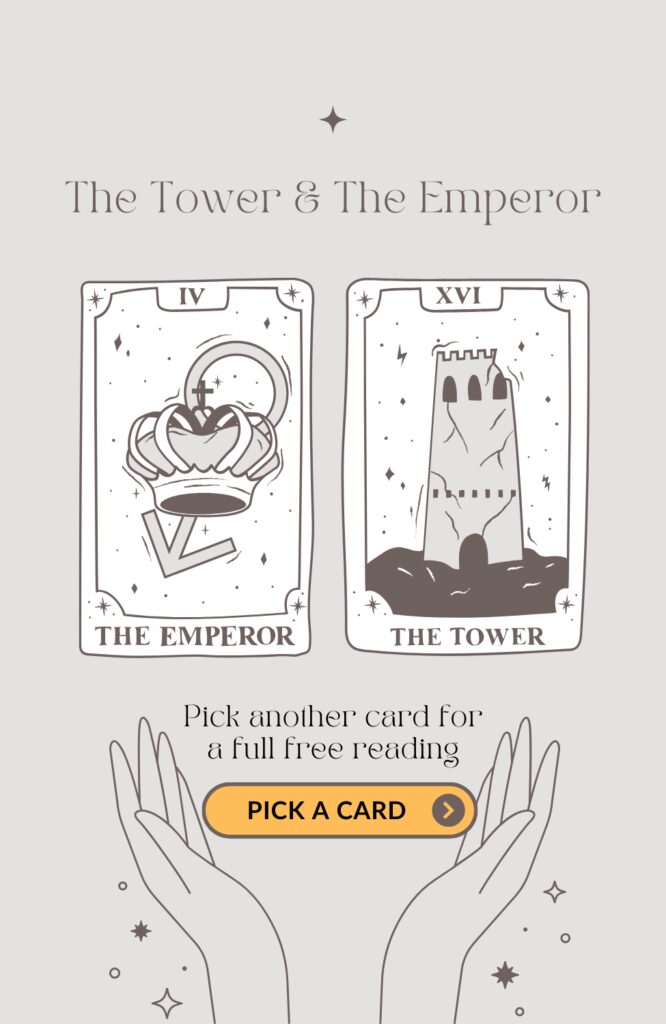
I remember when I swapped my office and bedroom—suddenly, I was recalling names of people I hadn’t thought of in years!
Some skeptics say it’s a placebo effect, but environmental psychology suggests otherwise.
Studies from the National Institute on Aging hint that new surroundings can stimulate brain cells, reducing cognitive decline.
While some dismiss it as mere decoration, I can vouch for the mental clarity that came after I turned my living room into a mini art gallery filled with travel souvenirs from Paris and Shanghai.
Tip: Next time you’re feeling foggy, try moving a few pieces of furniture.
It might just kickstart your memory!
Hack #2: Eat Chocolate Before Bed—Doctor’s Orders!
Yes, you read that right.
Munching on dark chocolate before hitting the sack might just be the sweetest way to boost your memory.
Dark chocolate is rich in flavonoids, which are known to improve cognitive function and may enhance memory consolidation during sleep.
It’s like giving your brain a delicious nightcap.
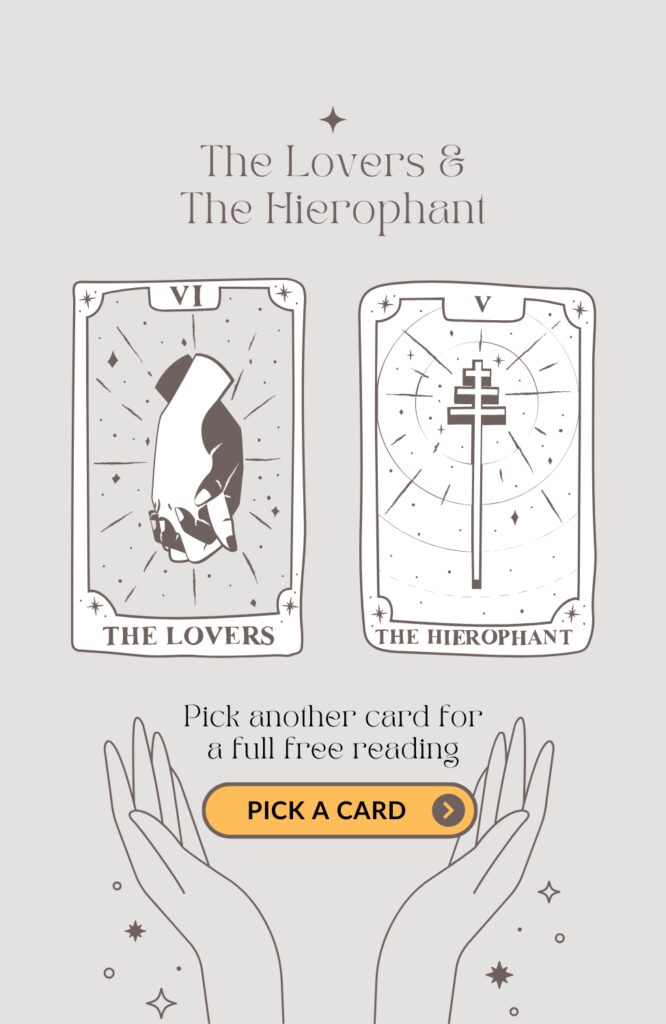
Now, this idea isn’t without its critics.
Some health care providers warn against late-night snacking due to blood sugar levels and sleep disruptions.
Others argue that the caffeine in chocolate could interfere with a good night’s rest.
But recent studies suggest that the antioxidants in dark chocolate could outweigh these concerns, promoting healthy aging and better memory processes.
I decided to test this out during a particularly stressful time when daily activities were overwhelming.
Indulging in a small piece of dark chocolate became my nightly ritual.
To my surprise, I started remembering tasks and appointments without relying on smartphone apps.
It wasn’t magic, but it felt pretty close.
Tip: Next time you’re craving a midnight snack, reach for a piece of dark chocolate.
Your memory might just get a tasty boost!
Hack #3: Legos and Coloring Books: Your New Memory Supplements
Who says playtime is just for kids?
Dusting off those Legos or grabbing a coloring book might be the key to rejuvenating your neuron connections.
Engaging in childhood hobbies stimulates areas of the brain associated with creativity and problem-solving, which can, in turn, enhance memory and cognitive function.
Of course, some people roll their eyes at this idea.
They see it as regressive—a waste of time better spent on “adult” activities.
But therapists and cognitive experts argue that playful creativity reduces stress and fosters a strong memory by engaging different mental abilities.

I remember during a trip to Singapore, I stumbled upon a Lego exhibition.
Inspired, I bought a small set and started building in my hotel room.
Not only did it take my mind off work pressures, but I also noticed improved focus and memory the following days.
It was like my brain’s way of saying, “Thanks for the fun!”
Tip: Embrace your inner child.
A little playtime might just sharpen your mind more than you expect!
You may like:
6 Clear Signs You Have a Strong Mindset + How to Unleash Your Mental Power
13 mind-bending psychology facts about human behavior that will astonish you
If you think life is too short, you’re missing these 10 things to truly enjoy every moment
Hack #4: Ditch the GPS—Your Brain’s Internal Compass Needs a Workout
Remember when we used to unfold those massive paper maps or scribble directions on a napkin?
Navigating without a GPS isn’t just nostalgic—it’s a workout for your brain’s spatial memory.
By figuring out routes on your own, you’re engaging parts of the brain responsible for memory processes and cognitive function.
It’s like giving your internal compass a much-needed tune-up.
But here’s where opinions split.
Some people can’t imagine life without that soothing GPS voice guiding them through every turn.
They argue that in today’s busy world, convenience trumps all.
Others believe that relying too much on technology makes our brains lazy, leading to cognitive decline over time.
Personally, I decided to go tech-free during a road trip along the California coast.
Armed with just a map and a sense of adventure, I found myself more alert and engaged.
I noticed landmarks, remembered routes, and even discovered hidden gems like a quaint café in Monterey.
Sure, I took a few wrong turns, but that was part of the fun—and I could almost feel my brain cells high-fiving each other.
Tip: Next time you’re heading somewhere local, turn off the GPS and let your brain lead the way.
You might just boost your memory while you’re at it!
Hack #5: Silence Is the New Superfood for Your Brain
We live in a world that’s louder than a rock concert on steroids.
But what if I told you that embracing silence could be the key to unlocking better memory retention?
Studies have shown that noise pollution negatively impacts cognitive function, including memory and attention.
In other words, a little peace and quiet can go a long way.
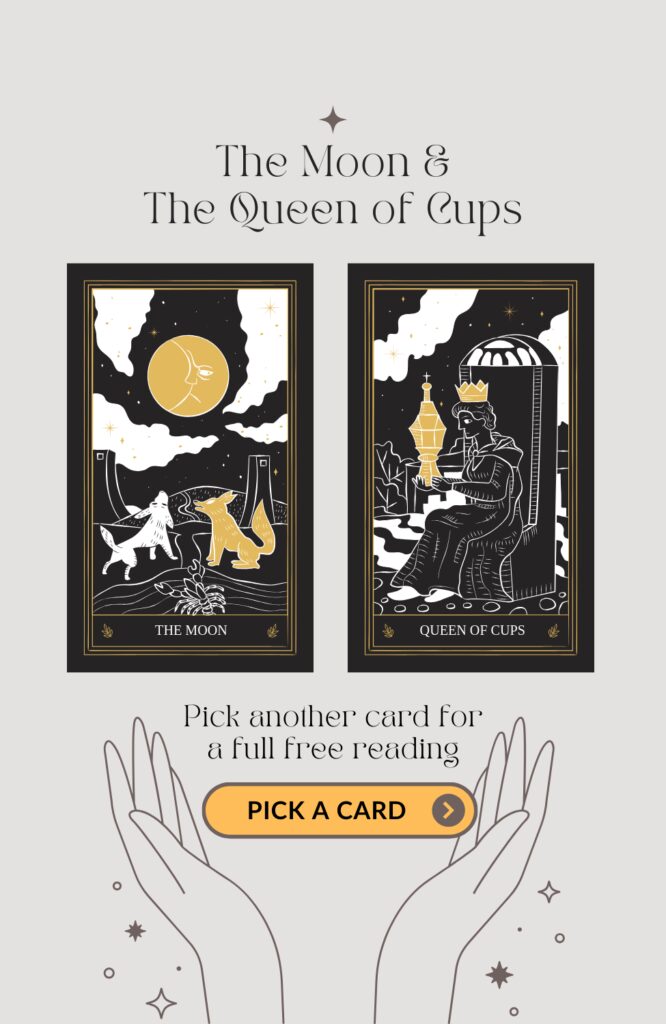
Of course, some people thrive in bustling environments, arguing that background noise fuels their creativity.
But if you’re like me and find that constant noise makes your brain feel like scrambled eggs, you might benefit from some quiet time.
It’s about finding that balance and understanding how your environment affects your mental abilities.
I started incorporating silent moments into my day—no music, no podcasts, just me and my thoughts.
Whether it’s sipping coffee on the porch or taking a quiet walk, these moments have become my mental reset button.
I’ve noticed improvements in short-term memory and overall focus.
It’s like giving my brain a mini-vacation without the airfare.
Tip: Carve out a few minutes of silence each day.
Your brain might treat it like a superfood and reward you with sharper memory!
Hack #6: Sniff Rosemary and Remember Everything
Who knew that the key to unlocking your memories might be sitting in your spice rack?
Rosemary isn’t just for roast chicken; it turns out that aromatherapy with this herb can boost memory performance.
The scent of rosemary has been linked to improved cognitive function and even speed and accuracy in mental tasks.
Now, this hack has its fair share of doubters.
Some argue that the scientific backing is limited and that any benefits are purely anecdotal.
Others, including researchers from the National Brain Tumor Society, suggest that certain scents can stimulate brain activity in positive ways.
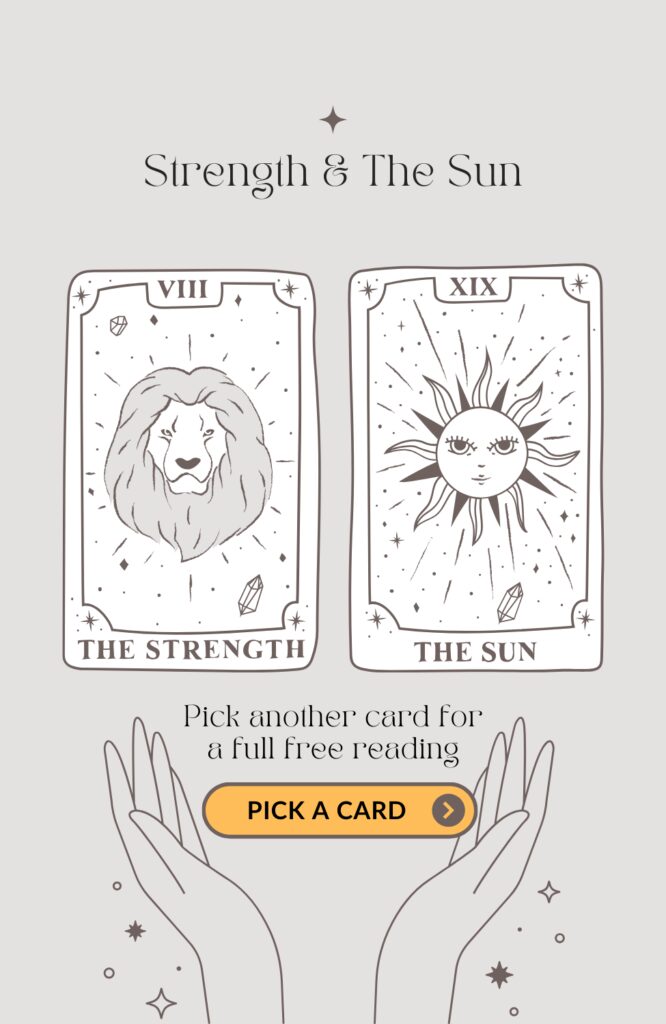
I was intrigued, so I decided to give it a whirl.
I placed a few drops of rosemary essential oil in a diffuser while working on a complex project.
To my surprise, I felt more alert and found it easier to recall information.
It wasn’t a dramatic overnight change, but there was a noticeable difference—enough to make me stock up on rosemary plants for the office.
Tip: Before your next big task, try diffusing some rosemary oil.
It might just spice up your memory in the best way possible!
Hack #7: Sleeping Upside Down—Batting Away Forgetfulness?
Ever considered hanging like a bat to boost your brainpower?
Sleeping in unusual positions, like with your head lower than your feet, is thought by some to improve blood flow to the brain, potentially enhancing cognitive function.
The idea is that increased circulation could nourish brain cells, possibly aiding memory processes and reducing signs of memory loss.
But let’s be real—this concept raises a few eyebrows.
Critics point out safety concerns like increased blood pressure and the risk of dizziness.
Health care providers often advise caution, especially for those with vascular disorders or other medical conditions.
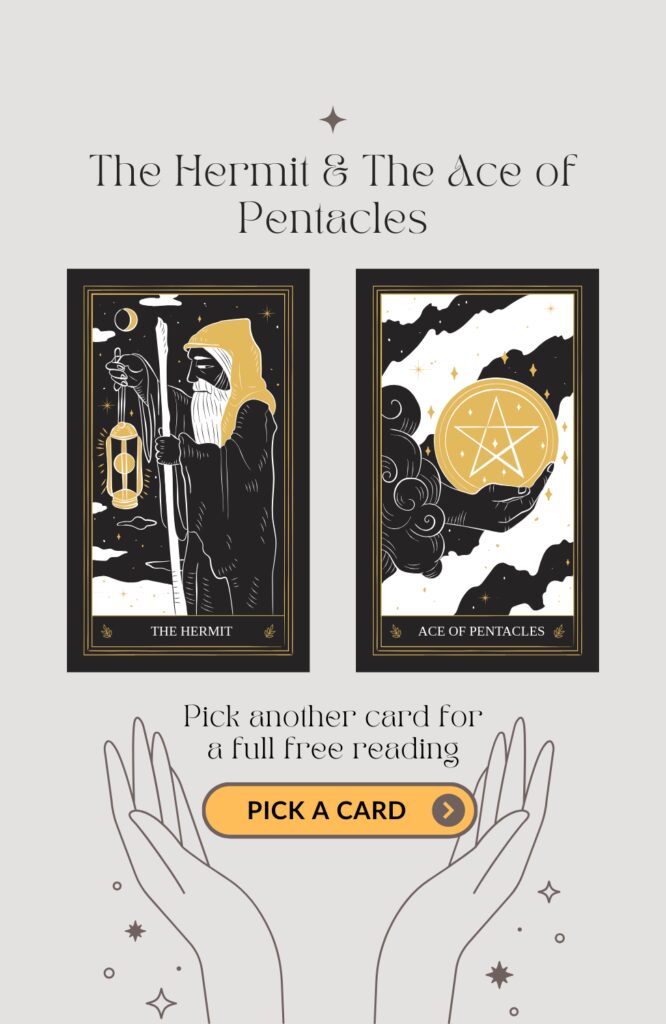
On the flip side, some adventurous souls swear by this method, claiming it leaves them feeling sharper and more alert.
I gave it a cautious try during a yoga retreat in Bali, where inversion poses were all the rage.
While I didn’t sleep upside down all night (that’s a bit much even for me), I did incorporate some inversion stretches before bed.
Did it turn me into a memory wizard overnight?
Not exactly.
But I did notice a slight improvement in mental clarity, enough to keep those stretches in my routine.
Tip: If you’re curious, try gentle inversion exercises rather than full-on upside-down sleeping.
Always listen to your body and consult a professional if unsure!
Hack #8: Master Mirror Writing to Sharpen Your Mind
Remember writing secret messages to friends in school?
Well, mirror writing isn’t just child’s play—it can actually activate underused areas of your brain.
Writing backwards forces your mind to work differently, engaging neural pathways associated with spatial and motor skills.
It’s like brain gymnastics without the sweaty gym clothes, helping to combat cognitive decline and memory loss.
Of course, some folks question the practicality of this hack.
Critics argue that unless you’re Leonardo da Vinci, who famously used mirror writing, it’s a party trick at best.
But proponents believe it’s a fun way to stimulate mental abilities, enhance short-term memory, and even sharpen focus during everyday tasks.
I decided to test this out on a rainy afternoon.
Armed with a notepad and a sense of humor, I started jotting down my to-do list in reverse.
It was awkward at first—my handwriting looked like a toddler’s scribble.
But after a while, it became a fun challenge.
I found that it required intense focus, pulling me away from daily distractions like smartphone apps and social media.
Did it revolutionize my
memory?
Maybe not dramatically, but it certainly felt like a solid mental workout, much like brain exercises you’d find in a cognitive training app.
Tip: Give mirror writing a shot when you have a few spare minutes.
It’s a quirky way to engage your brain and might just sharpen your focus!
Hack #9: Feed Your Gut Microbiome, Feed Your Memories
You might be surprised to learn that your gut isn’t just about digesting last night’s pizza; it’s often called your “second brain.”
Emerging research suggests a link between gut health and cognitive function, including memory.
A healthy gut microbiome might contribute to better mental health conditions and improved memory processes.
This area is still evolving, and not everyone is on board.
Some skeptics point out that the science isn’t fully settled, and dietary supplements claiming to boost gut health can be hit or miss.
But as someone who’s spent years exploring holistic approaches, I’ve found that paying attention to what I eat makes a noticeable difference.
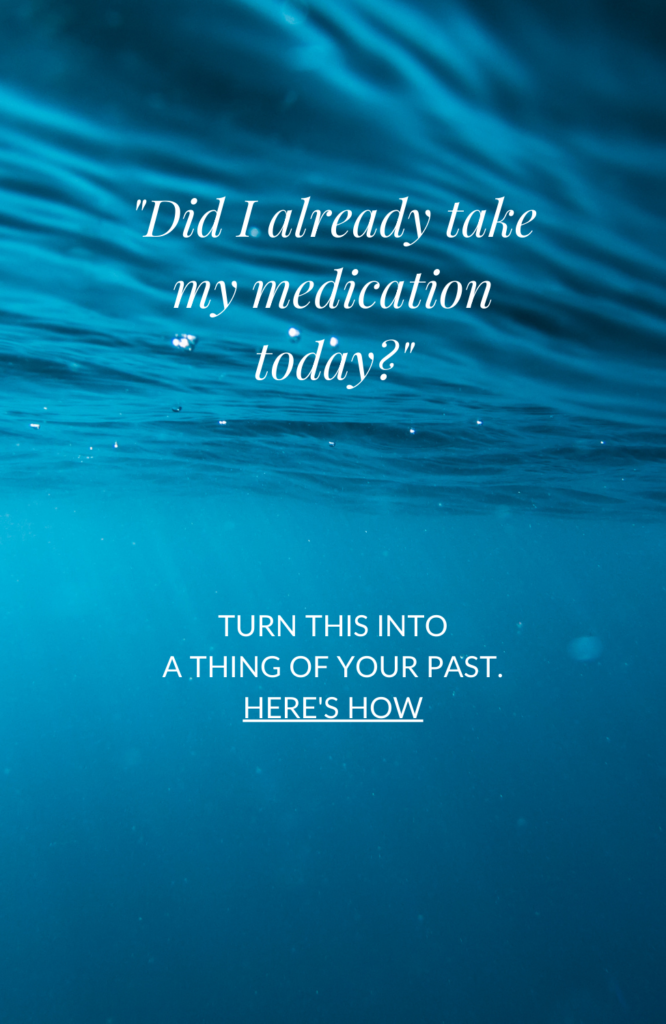
I started incorporating more probiotic-rich foods like yogurt and fermented vegetables into my diet while living in Hong Kong.
Not only did my digestion improve, but I also noticed enhanced focus during daily tasks.
It wasn’t a miracle cure, but it felt like tuning up an engine—the whole system just ran smoother.
Tip: Consider adding gut-friendly foods to your meals.
A happier gut might just lead to a sharper mind!
Hack #10: Netflix and Neural Pathways: Sci-Fi Your Way to Better Memory
Ever thought your late-night sci-fi binge could be a brain booster?
Watching complex science fiction shows with intricate plots can enhance your problem-solving skills and cognitive flexibility.
Shows like “Stranger Things” or “Dark” challenge your brain to follow multiple timelines and unravel mysteries, which can strengthen neural pathways involved in memory, critical thinking, and even help combat forgetfulness.
It’s like mental exercises disguised as entertainment.
But not everyone agrees.
Some folks argue that lounging on the couch doesn’t count as a cognitive workout, no matter how tangled the storyline.
They believe that real-world activities, like solving puzzles or physical activity, trump screen time for improving mental abilities and preventing age-related memory decline.
However, if a show gets you thinking, theorizing, and maybe even debating with friends, isn’t that exercising your brain?
After all, problem-solving skills improve when our thinking abilities are challenged.
Personally, I’ve found that diving into a mind-bending series after a long day is both relaxing and stimulating.
During my travels between New York and Los Angeles, immersing myself in thought-provoking plots kept my mind sharp, engaged, and made the flights feel shorter.
It’s like giving your brain a fun puzzle without the boring bits of typical memory exercises.
Tip: Next time you’re scrolling through Netflix, pick a show that makes you think.
Your memory and thinking skills might just get a friendly jolt!
Hack #11: Surround Yourself with Blue and Never Forget Again
Feeling a bit forgetful?
It might be time to add a splash of blue to your surroundings.
Studies suggest that blue environments can improve concentration and memory retention.
The color blue is believed to have a calming effect, reducing stress and making it easier to focus on tasks at hand.
Of course, not everyone buys into color psychology.
Skeptics might say that painting your room won’t solve deeper memory issues tied to medical conditions.
But others swear that a simple change in hue can create a more productive environment.
I decided to give it a whirl by adding blue accents to my office—think blue curtains, a navy rug, and even a few pieces of abstract art.
Did it turn me into a memory maestro overnight?
Not exactly.
But I did notice that the room felt more peaceful, and I found it easier to concentrate on complex projects.
Sometimes, the little tweaks make a big difference.
Tip: Consider adding some blue to your workspace.
A simple color change might just brighten your mood and sharpen your memory!
Hack #12: Comedy Clubs Over Crosswords: Laughter as Brain Medicine
They say laughter is the best medicine, and it turns out it’s pretty good for your memory too.
Laughing reduces cortisol levels—the stress hormone that can impair cognitive function and memory.
By embracing humor, you’re not just lifting your spirits but also giving your brain a healthy boost.
Some might question whether giggling at a comedy show counts as legitimate therapy.
They argue that serious memory improvement requires serious methods.
But numerous studies have shown that positive emotions and social interactions can enhance mental abilities and overall well-being.
I’ve started making laughter a daily priority.
Whether it’s watching a stand-up special or swapping funny stories with friends, I find that a good chuckle leaves me feeling refreshed.
During a particularly hectic time in Shanghai, I stumbled upon a local comedy club.
Not only did I laugh until my sides hurt, but I also noticed I was remembering details more vividly in the days that followed.
Tip: Don’t underestimate the power of humor.
A hearty laugh might be just what your memory needs!
Conclusion
So there you have it—12 unconventional hacks to help reverse memory loss and forgetfulness, no matter if you’re 20 or 70.
From rearranging your living space to indulging in dark chocolate, these simple strategies offer fresh ways to boost your memory.
I encourage you to try out these methods and see which ones resonate with you.
Remember, keeping an open mind is key when exploring new ways to enhance cognitive function.
If you’re concerned about persistent memory issues, it’s always a good idea to consult a certified specialist for personalized advice.
I hope you found these tips as intriguing as I did.
Feel free to share your own experiences or any other unique hacks you’ve discovered.
Let’s keep the conversation going and support each other on this journey to better memory and a fuller life.
The post 12 simple hacks to reverse memory loss and forgetfulness at any age (Doesn’t matter if you’re 20 or 70) appeared first on Sons Of Universe.

No comments:
Post a Comment